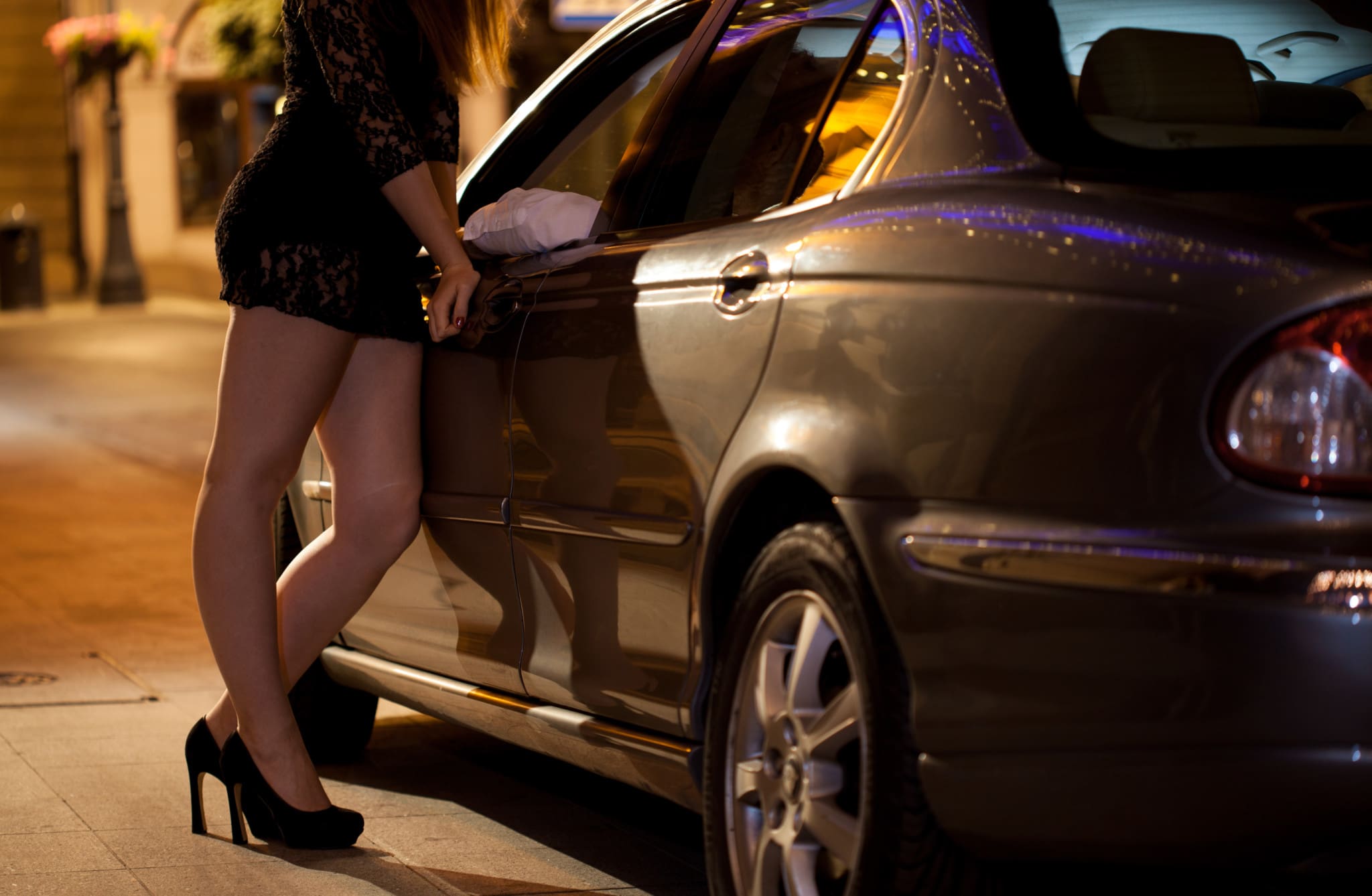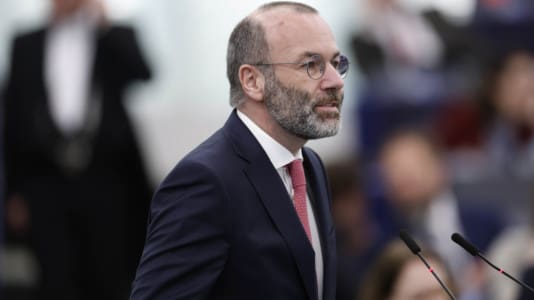The Hungarian National Police is opposed to a recent United Nations report which suggests that decriminalizing pimping under certain conditions could help reduce prostitution and human trafficking, a police official told daily Magyar Nemzet.
“In prostitution-related offenses, it is common for offenders to try to establish and maintain an intimate relationship with their prospective victims, and therefore to use little or no violence or threats. The primary aim is therefore to make the victims volunteer, to create an emotional bond, which is achieved by pretending to love them. This is the so-called “lover-boy” method,” the official said.
This, however, makes the authorities’ task much more difficult, as the victims often do not consider themselves victims because of the emotional attachment. There is also a common perception that prostitutes see this activity as an opportunity and feel that there is no other way to cope at this stage of their lives, due to financial need, family reasons, and emotional crises.
Identifying victims is also difficult because in many cases, as they are reluctant to cooperate out of fear, which may be fear of the authorities or the perpetrators. The girls are under constant pressure, and while this does not necessarily mean physical abuse, there is psychological pressure.
The recent UN report would also make the authorities’ job even more difficult and the fate of the victims more uncertain, while making the traffickers’ job much easier.
The proposal would relax all criminal law provisions on sex work and, where they are applied, the third party, the pimp, would not be held legally liable if the prostitute agrees to the sex work and is provided with “fair conditions.”
Hungarian criminal law first regulated human trafficking in 1998, which entered into force on March 1, 1999. Since then, the Hungarian parliament has amended the definition of trafficking in human beings several times. The latest amendment entered into force on July 1, 2020, which is one of the most important steps in recent years. It exempts minors who engage in prostitution from prosecution.
In this context, a general protection measure has been introduced, whereby minors who are suspected of being victims of trafficking will be placed by the police in a special children’s home.
The amendment, in order to protect the rights of children and to comply with international law, expressed that a person under the age of 18 cannot be punished for offering sexual services. The police stressed: “These minors are not criminals, but victims of prostitution and related offenses, and therefore deserve protection.”





